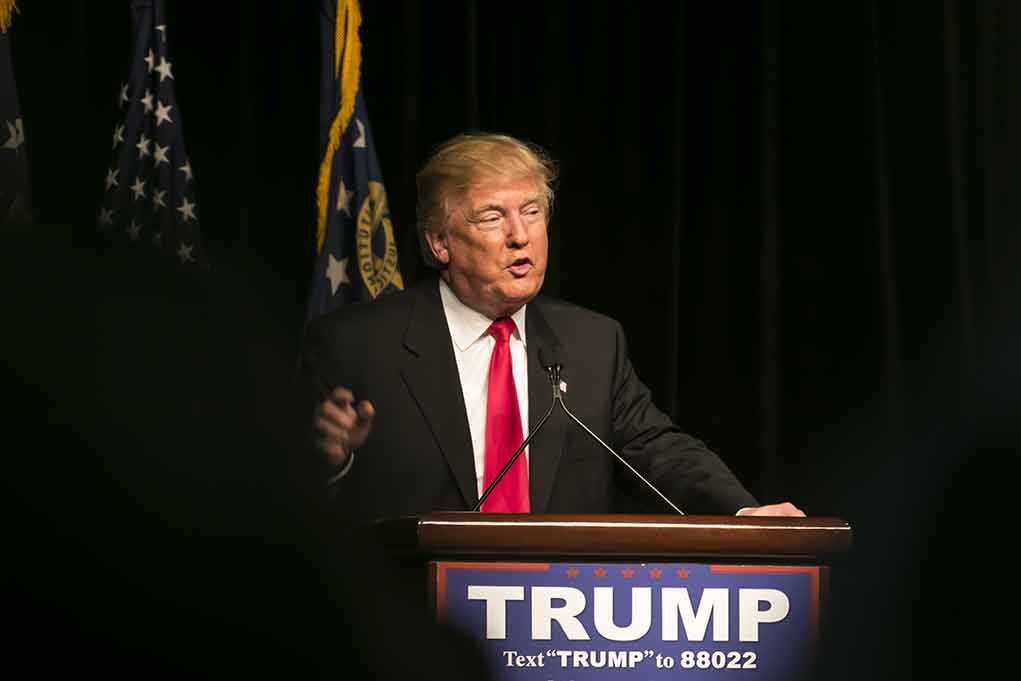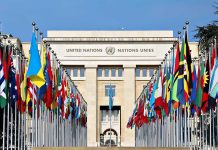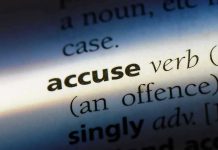
The Trump administration’s defense of free speech advocate Chris Elston against global censorship marks a stark contrast to the president’s controversial domestic actions limiting expression on American soil.
Key Takeaways
- The U.S. State Department publicly condemned international censorship, specifically highlighting Australia’s $806 fine against “Billboard Chris” Elston for displaying a sign about children and puberty blockers.
- Free speech advocates praised the Trump administration’s international stance while domestic actions have raised significant First Amendment concerns.
- President Trump’s actions in his second term have included arrests of protesters, visa revocations for students demonstrating, and threats to defund institutions over policy positions.
- Multiple judges have ruled that certain administration actions violate constitutional free speech protections.
- The administration has justified speech restrictions by citing issues like antisemitism, while critics warn of threats to democratic principles.
Trump Administration Champions Free Speech Globally
The U.S. State Department has taken a strong stance against global censorship, specifically highlighting the case of Canadian free speech advocate Chris Elston, known as “Billboard Chris.” Elston was fined $806 by Australian authorities for “obstructing public movement” while peacefully displaying a billboard with the message “children cannot consent to puberty blockers.” The incident occurred while Elston was engaging in conversations with the public before receiving a police order to move.
“It’s phenomenal. The Trump administration has been tremendous on this issue,” said Chris Elston, free speech advocate.
Beyond the Australian incident, Elston also launched a legal challenge against the country’s ESafety commission after being censored for sharing a Daily Mail article about a transgender activist. The State Department’s public support included a tweet condemning government censorship and coercion of tech companies, emphasizing the need to protect freedom of expression both online and offline.
Domestic Actions Raise Constitutional Concerns
While advocating for free speech internationally, President Trump’s domestic actions have drawn criticism from free speech advocates. His administration has taken significant steps that many experts view as contrary to First Amendment principles, including arrests and visa revocations of students involved in protests. These actions have particularly targeted individuals expressing views on controversial political issues, creating what critics describe as a chilling effect on open discourse.
“Freedom of expression must be protected – online and offline,” stated the State Department bureau.
The administration has also exerted unprecedented control over media access, targeted law firms based on their clients, and threatened to withdraw funding from educational institutions over policy positions. Executive orders have been issued to remove certain language from federal documents and websites, with additional directives influencing museum content. These actions have attracted criticism from across the political spectrum, including from conservative voices.
Legal Challenges Mount Against Speech Restrictions
Multiple federal judges have ruled that some of the administration’s actions violate free speech rights protected by the Constitution. The administration has justified these restrictions by citing concerns like antisemitism and civil rights violations, but these rationales have been questioned by legal experts and civil liberties organizations. The legal battles demonstrate the tension between executive authority and constitutional limitations.
“It’s such a zealous overuse of authority. We don’t elect [officials] to decide what we can say,” said Chris Elston, free speech advocate.
Conservative commentator Ann Coulter expressed concern about certain administration actions, stating: “There’s almost no one I don’t want to deport, but, unless they’ve committed a crime, isn’t this a violation of the first amendment?”
“This pushback from traditional supporters highlights the breadth of concern about potential overreach despite the administration’s,” stated commitment to free speech principles.
Balancing Security and Freedom
The Trump administration’s approach to free speech reflects a complex balancing act between national security concerns and constitutional freedoms. President Trump has repeatedly stated, “Government censorship of speech is intolerable in a free society,” while simultaneously implementing policies that critics argue do precisely that. These contradictions have created significant debate about the proper boundaries of executive authority in regulating expression.
















